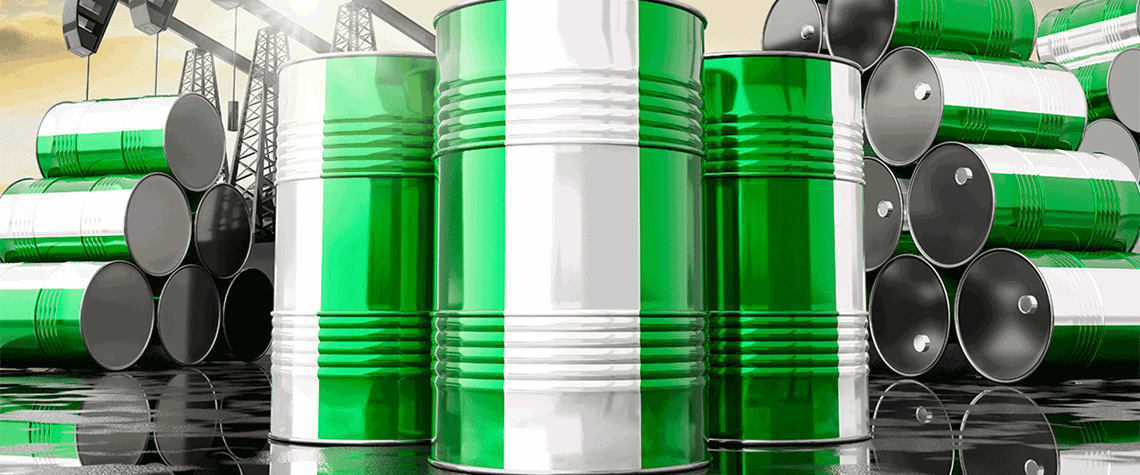Modular refineries offer Nigeria solutions
Official support for small refineries may improve security and help the country meet both its OPEC crude production quotas and domestic product requirements
Despite the recent—albeit delayed—startup of the mammoth Dangote project, Nigeria’s modular refineries are still emerging as crucial crude oil processing facilities, with some boasting capacities of up to 30,000b/d. These units are being strategically developed as part of broader initiatives aimed at addressing the challenges of oil theft and fostering a peaceful environment in the oil-producing region of the Niger Delta. The plants require significantly lower capital investment compared with their full-scale counterparts, while their crude distillation units can still produce low-grade gasoline, diesel, kerosene and residual fuel oil. According to a report from the government’s Nigerian Con

Also in this section
22 July 2025
The gas-hungry sector is set for rapid growth, and oil majors and some of the world’s largest LNG firms are investing in ammonia production and export facilities, though much depends on regulatory support
22 July 2025
Next year’s WPC Energy Congress taking place in April in Riyadh, Saudi Arabia will continue to promote the role of women in the energy sector, with a number of events focusing on the issue.
22 July 2025
Pedro Miras is the serving President of WPC Energy for the current cycle which will culminate with the 25th WPC Energy Congress in Riyadh, Saudi Arabia in April 2026. He has over 30 years of experience in the energy sector, including stints with Repsol and the IEA. Here he talks to Petroleum Economist about the challenges and opportunities the global energy sector currently faces.
17 July 2025
US downstream sector in key state feels the pain of high costs, an environmental squeeze and the effects of broader market trends








